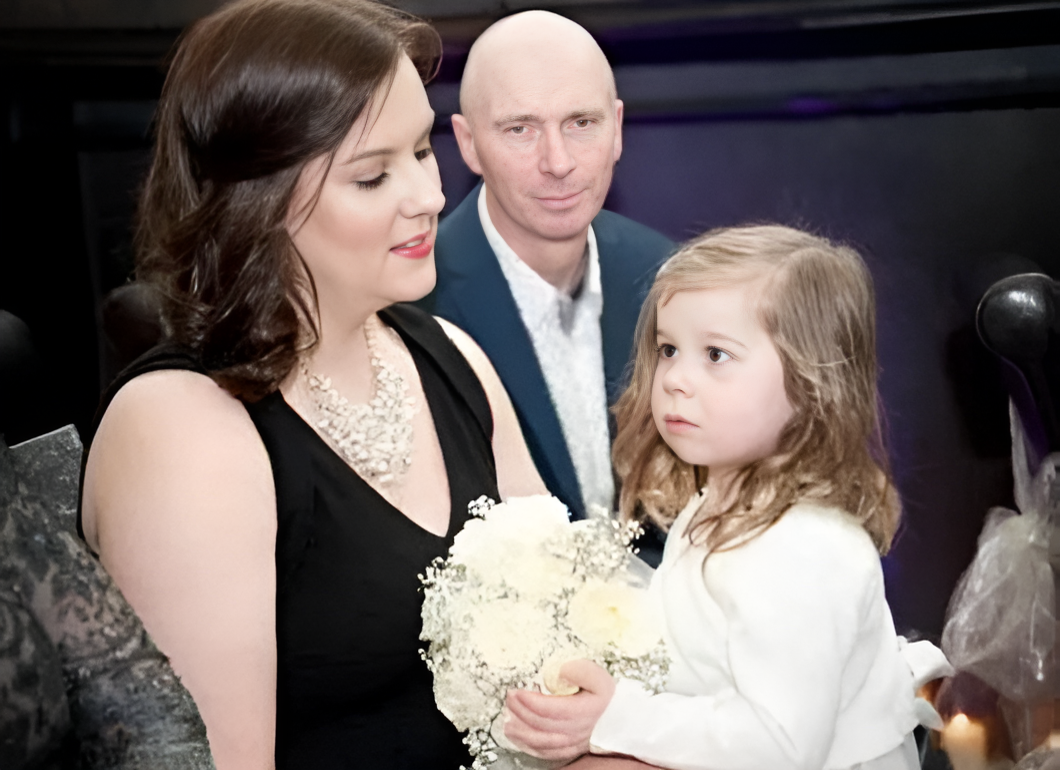
Obviously, I share the horror at her continued political imprisonment, which is one of the lowest points in politics (and our national life) in my 60 years. But I also think it's dangerous when people keep repeating: 'What she said was appalling, disgusting, etc'.
So what? She didn't incite but gave a personal opinion. And that's their opinion of her opinion. It's irrelevant. Making it so fatally concedes the key principle of free-speech.
She's in prison for an opinion. And by discussing it - in fact, always expressing repugnance - one is (albeit inadvertently) accepting that its 'worthiness' is an issue. It isn't. One should be free to express any view.
Far too many think they need to reiterate their disagreement with Lucy. Even the Free Speech Union seems to. It’s a nicely liberal stand, but weakens the basic principle and becomes a genuflection, to those who don’t believe in free speech anyway. We need to get back to fundamentals. Apologies if this is all very familiar. I needed to get it down to clarify my own thoughts, whatever the pressures to modify them.
Unless one makes a very specific threat or incitement, then the law should take no position on anything anyone says or writes - no matter how 'offensive' it can be construed or interpreted as. That includes saying: 'I don't want more Pakistanis in England'; 'Arabs are often filthy'; ‘Paul Sutton is an arsehole’; ‘Muslims are often violent’; 'The English are arrogant'; 'Fat people are disgusting'; ‘Men are usually lazier than women’; ‘Women tend to nag’; 'Transsexuals make me puke'; ‘Islam is a crackpot religion’, ‘I wouldn’t care if Tony Blair got swept over Niagara Falls’; etc.
A selection of random examples, scatter-gun, on which personal feelings are irrelevant; none of them should be illegal or prompt police visits. The validity of that principle is, by definition, independent of any moral, social or political criticism and anger the statements could undoubtedly produce. Those who argue otherwise don’t believe in free speech but licensed speech.
It shouldn't be illegal to hold or express personally racist or homophobic or whatever phobic views. It's not the job of the law to rid the world of these, and it cannot. Nor can it right past wrongs by persecuting those it imagines would have perpetrated them.
The only case for the law's involvement is if (and only if) there's active inciting of violence or harassment. So it should clearly be illegal to invite people to gather outside someone's house and hurl abuse at them, let alone throw bricks. Or to do so yourself.
I don’t think it should be illegal to simply use racial abuse, but any threat should be illegal - and repetition would be harassment. It definitely shouldn’t be illegal to say to someone: 'I don't like Germans/Greeks/Muslims/etc'. But acting on that, say through discrimination, should be. Also, I do agree that the police have to sometimes (but always protecting free speech) consider Public Order. So, I can understand them preventing me wading into a group of - say - rabid Celtic fans and proclaiming my loathing for the IRA.
This is a world away from the Equalities Act and our current approach, especially in how the police patrol social media. Because that isn't working and has destroyed free-speech. Unfortunately, many angry about this loss are too squeamish to make the fundamental free-speech point, for fear of being branded racist or whatever, or for fear of appearing 'not nice' and 'not middle class'.
As a side note, this conflation is how the censorious ‘be kind’ tyranny crept in. The PSHE teaching resources where I taught claimed the point of free speech was ‘being nice’. Needless to say, I rejected this absurd claim, other than as a social aspiration. But most pupils firmly believe ‘free speech doesn’t include the freedom to offend’. A disastrous misunderstanding, strengthened by (say) statements on how ‘offensive’ what Lucy Connolly posted was.
I'd also draw a distinction between the legal side and what's allowed, in employment contracts at work. And obviously what's regarded as 'socially acceptable'. But again, the law has no role in the latter.
Clearly teachers, etc, shouldn’t make racist statements, at school. That would be covered by professional standards. But they've a right to opinions and expression, outside work. I guess it’s a contractual matter, how the employer feels this impinges on their work role.
In summary, no arguments about changing society, banishing prejudice, making it feel fairer, etc, are relevant to the legal right to free speech. Because free speech can deal with what's regarded as 'offensive' and has, very effectively.
Offence is simply a subjective judgement, mostly used by left-liberals to silence contrary voices. Even without that, it’s conceptually wrong to claim that free speech is contingent on not causing offence.
Free speech defenders should ignore the term.
Paul's substack - Against Monolithic 'Diversity'.